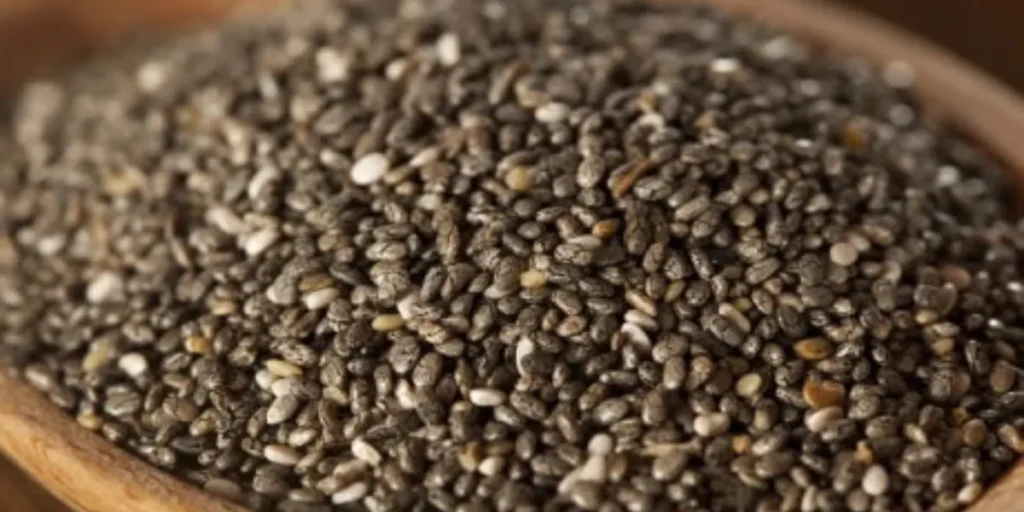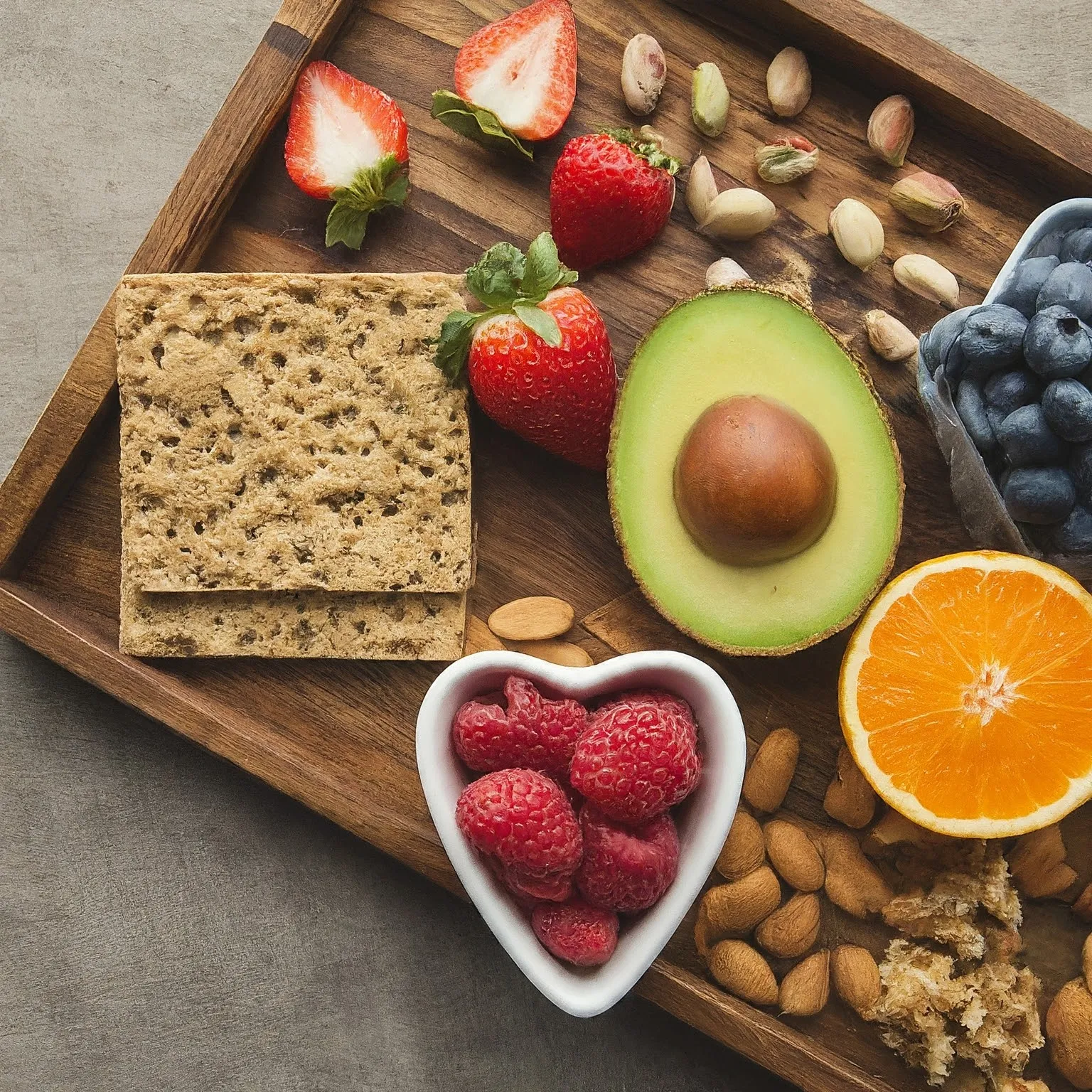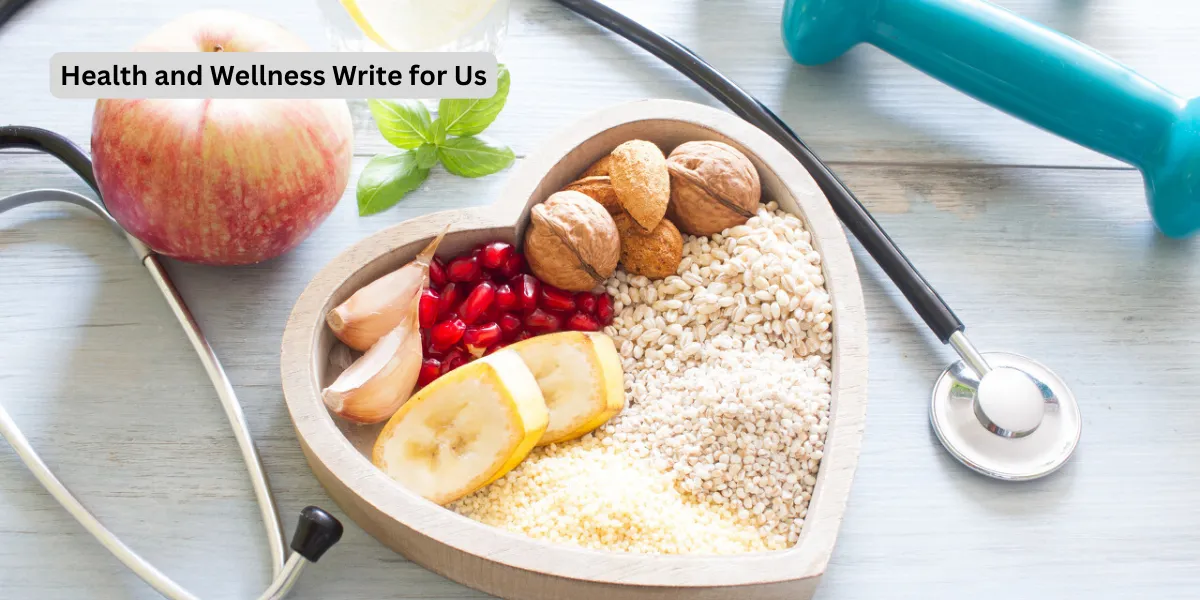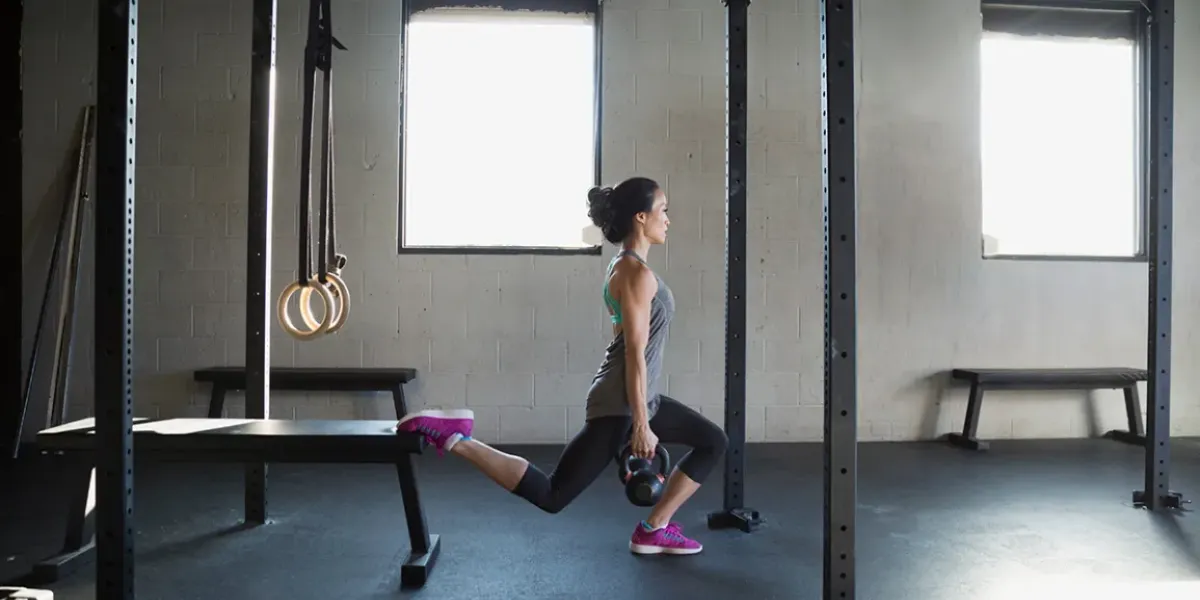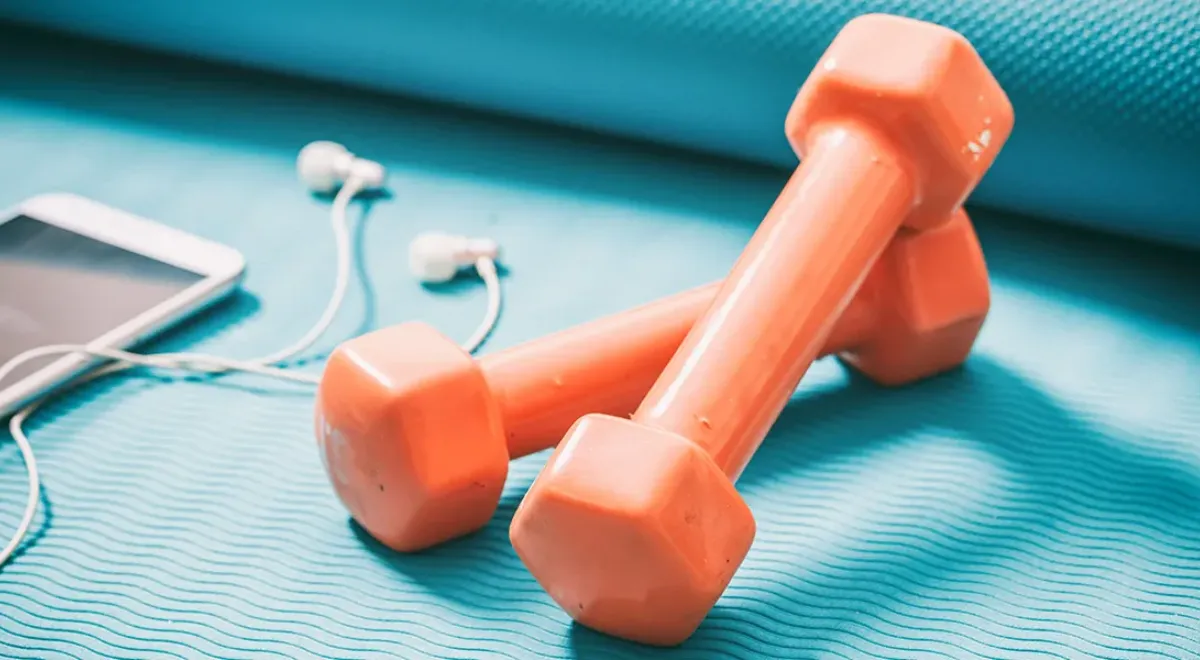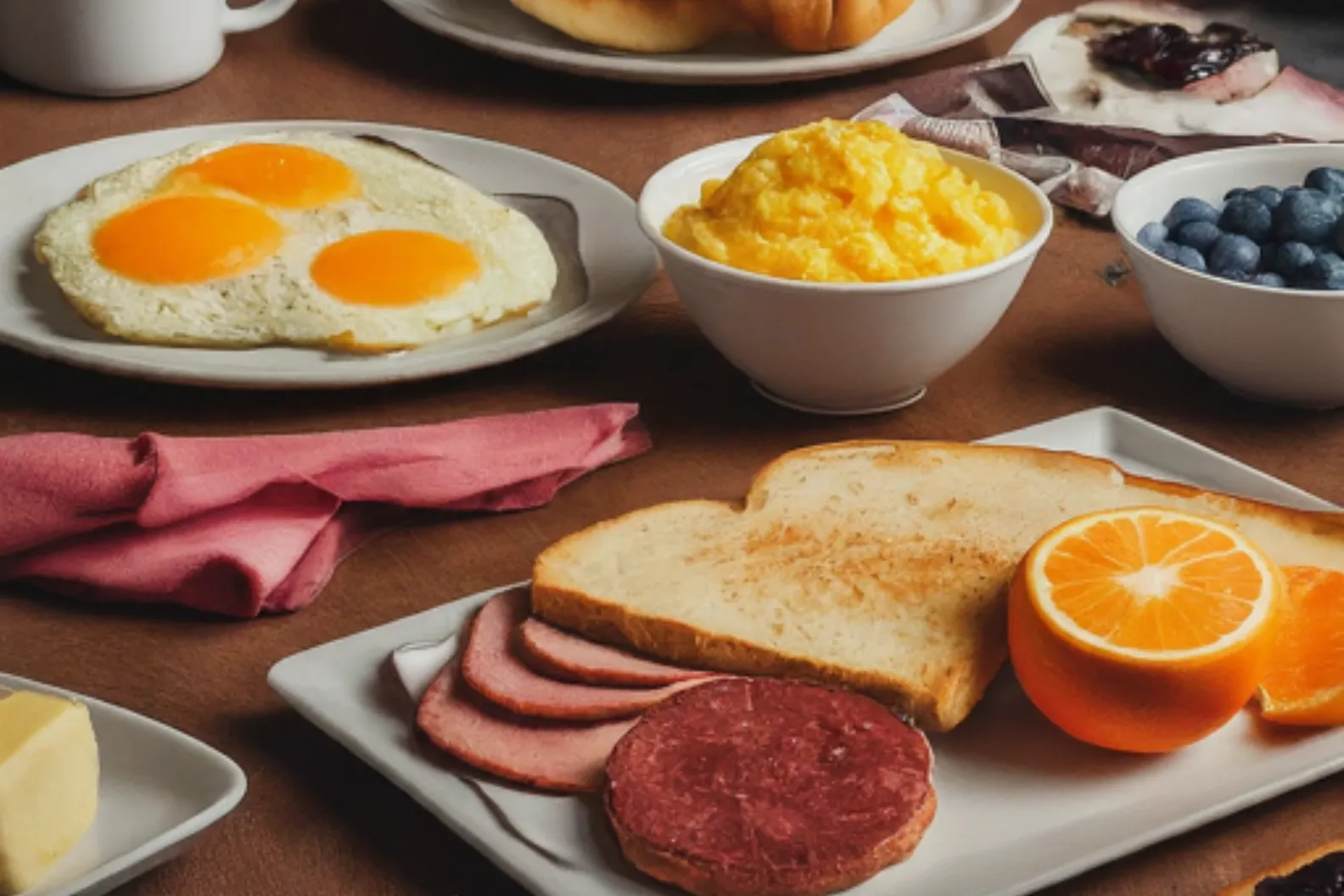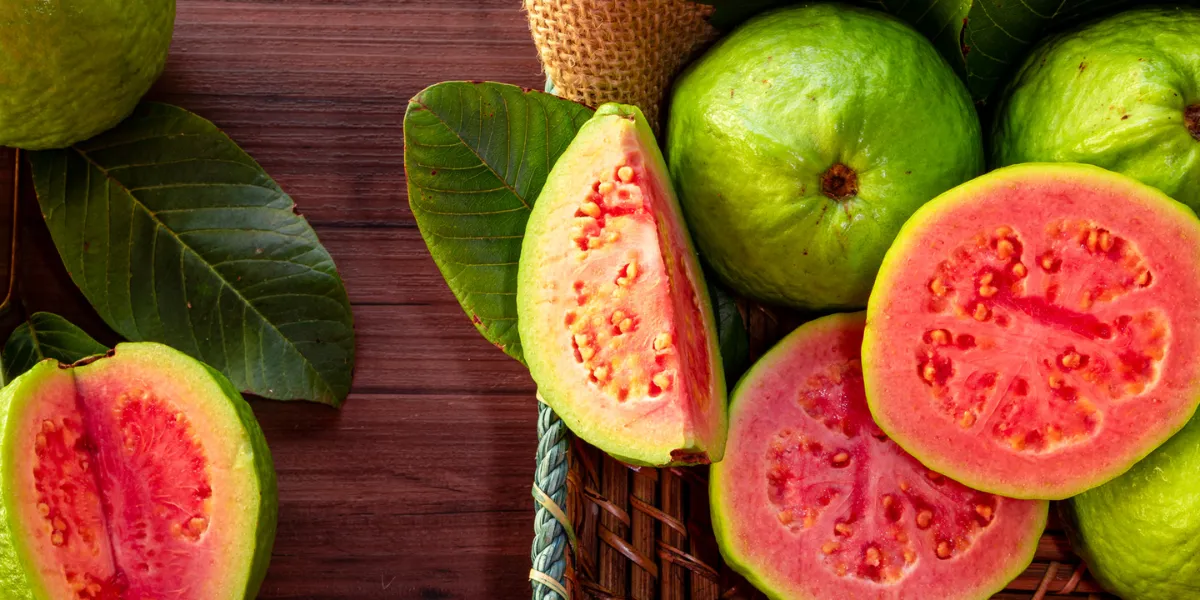Chia seeds have gained popularity as a superfood due to their rich nutrient profile, including protein content. If you’re curious about how much protein is packed into just a tablespoon of these tiny seeds, you’ve come to the right place. Let’s delve into the details.
Table of Contents
ToggleUnderstanding Tablespoon of Chia Seeds Protein Content
Chia seeds are a powerhouse of nutrition, and protein is one of their key components. These small seeds contain all nine essential amino acids, making them a complete protein source, which is rare in plant-based foods.
Protein Content in Chia Seeds
A single tablespoon (around 15 grams) of chia seeds typically contains approximately 2-3 grams of protein. While this may not seem like much, it’s important to remember that every bit counts, especially for those following a plant-based diet or looking to boost their protein intake.
How to Incorporate Chia Seeds into Your Diet
Adding chia seeds to your diet is simple and versatile. Here are some easy ways to incorporate them into your meals:
- Sprinkle them over your morning oatmeal or cereal.
- Mix them into yogurt or smoothies for an added nutritional boost.
- Use them as an egg substitute in baking recipes by mixing one tablespoon of chia seeds with three tablespoons of water and letting it sit until it forms a gel-like consistency.
- Make chia seed pudding by mixing chia seeds with your choice of milk and sweetener, then refrigerate it until it thickens.
Comparing Protein Content with Other Foods
To put things into perspective, here’s a comparison of the protein content in a tablespoon of chia seeds with other common foods:
| Food | Protein Content (per tablespoon) |
|---|---|
| Chia Seeds | 2-3 grams |
| Almonds (chopped) | 1.5 grams |
| Peanut Butter | 4 grams |
| Greek Yogurt | 2-3 grams |
| Quinoa | 1.5 grams |
FAQs About Chia Seeds Protein Content
- Are chia seeds a good source of protein? Yes, chia seeds are a good source of plant-based protein, containing all nine essential amino acids.
- How much protein should I consume daily? The recommended daily intake of protein varies depending on factors such as age, gender, and activity level. However, as a general guideline, most adults should aim for around 0.8 grams of protein per kilogram of body weight.
- Can I consume chia seeds if I have allergies? Chia seeds are generally safe for consumption, but if you have allergies to other seeds, it’s essential to consult with a healthcare professional before adding them to your diet.
- Are chia seeds suitable for weight loss diets? Yes, chia seeds can be a valuable addition to weight loss diets due to their high fiber and protein content, which can help promote feelings of fullness and aid in weight management.
- Can I consume chia seeds if I have digestive issues? Chia seeds are high in fiber, so if you have digestive issues such as irritable bowel syndrome (IBS), it’s essential to start with small amounts and gradually increase your intake to avoid any discomfort.
- Are there any risks associated with consuming chia seeds? While chia seeds are generally safe for consumption, eating them in large quantities without enough liquid can cause them to expand in the throat and esophagus, leading to choking or swallowing difficulties. It’s essential to consume chia seeds with plenty of water or other fluids.
Incorporating chia seeds into your diet is an excellent way to boost your protein intake and reap the numerous health benefits they offer. With approximately 2-3 grams of protein per tablespoon, these tiny seeds pack a powerful nutritional punch. So go ahead, sprinkle them into your favorite dishes, and enjoy their delicious and nutritious goodness!
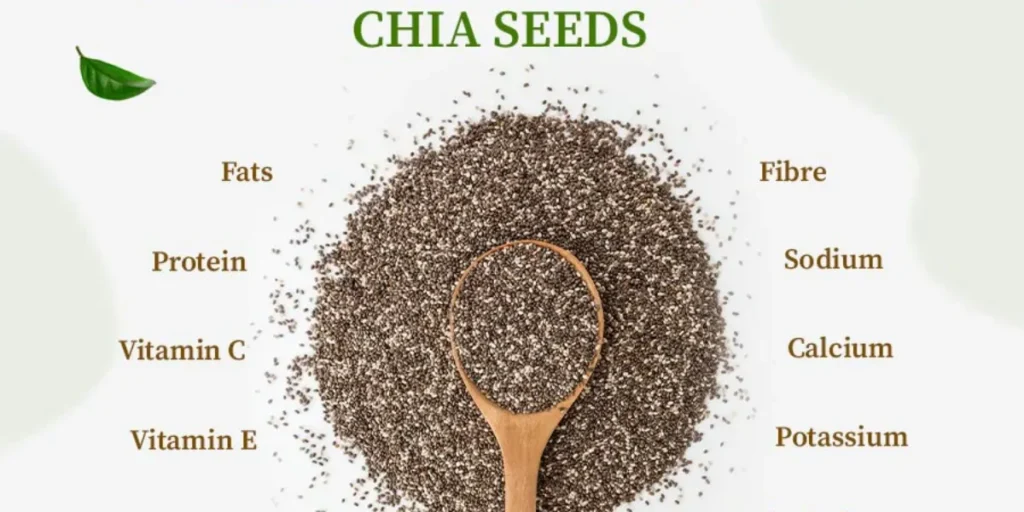
Tips for Maximizing Protein Intake with Chia Seeds
Now that you know how much protein a tablespoon of chia seeds contains, here are some tips for maximizing your protein intake with these versatile seeds:
- Combine with Other Protein Sources: While chia seeds are a good source of protein on their own, combining them with other protein-rich foods such as nuts, yogurt, or tofu can further boost your protein intake.
- Use in Meal Prep: Incorporate chia seeds into your meal prep routine by adding them to salads, soups, or stir-fries for an extra nutritional punch.
- Experiment with Recipes: Get creative in the kitchen and experiment with different chia seed recipes, such as energy bars, protein balls, or savory chia seed crackers.
- Drink Chia Seed Beverages: Make chia seed beverages by mixing them with water, fruit juice, or coconut water for a refreshing and hydrating drink that’s also rich in protein.
- Snack on Chia Seed Pudding: Whip up a batch of chia seed pudding by combining chia seeds with your favorite milk and sweetener, then refrigerate it overnight for a tasty and protein-packed snack.
Conclusion
In conclusion, a tablespoon of chia seeds contains approximately 2-3 grams of protein, making them a valuable addition to any diet, particularly for those looking to increase their protein intake. By incorporating chia seeds into your meals and snacks and experimenting with different recipes, you can enjoy their numerous health benefits while satisfying your taste buds. Just remember to consume them in moderation and stay hydrated to reap the full benefits of these tiny nutritional powerhouses.

